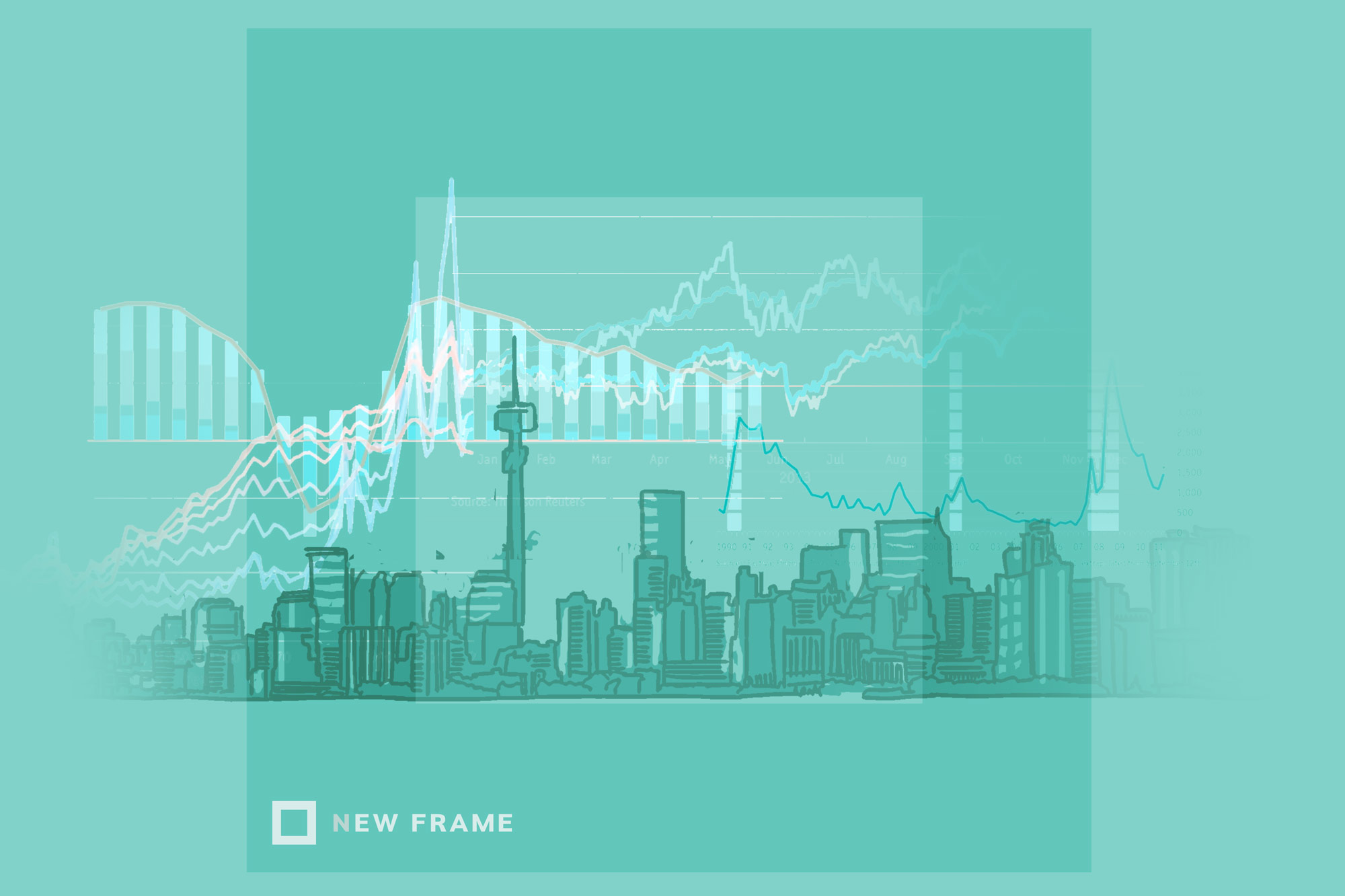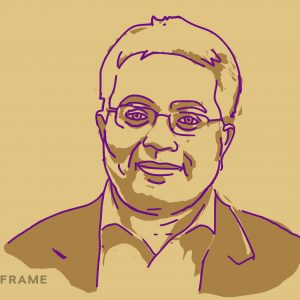New Frame, New Economy
Amid its devastation, the Covid-19 pandemic has created space to talk about new ways of organising our economy. In a new project, we are taking that conversation further.
Author:
22 February 2021

Emerging from the Covid-19 pandemic, we will be burdened by a new economy with uniquely South African characteristics.
A generationally unique shock to the world economy will compound world-leading crises of unemployment and inequality. We need little reminding of the fertile ground that global financial crises create for further economic impoverishment of people who are already struggling financially in this country, the explosion of labour broking in the wake of 2008’s Great Recession being the latest case in point.
At New Frame, we believe these are solvable problems. Addressing them, however, requires new ideas on how to organise our economy. Open, credible and well-informed public debate is one way to disseminate these ideas, which can in turn influence public policy.
So, our nine-month project to improve the public discussion around economic alternatives in South Africa starts this week. We’ll be bringing progressive voices together to discuss effective and inclusive policy recommendations across a range of topics, including labour markets, industrial policy, welfare and finance.
We are calling it New Frame, New Economy.
Despite the hegemony of markets and the considerable space already afforded economic arguments in public discourse, progressive economics must play a part in this debate and contribute to creating a more inclusive society. Economists, as a result, take important positions in the expert community we are assembling. But they will be in conversation with experts from other fields – sociology, history, politics – as well as members of unions and other progressive formations in the country.
The monthly forums – which tackle questions on everything from inequality to how capital and labour markets might be embedded in nonmarket institutions and how the state can take a more prominent role in writing the rules of the economic game – are not organised around agreement. We don’t have the answers. Rather, they are geared towards the more democratic priority of debate.
Each forum is made up of a lead article by an expert in a specific area of economic policy, followed by a series of responses that discuss and build on the lead for that month. In the resulting ferment, we hope to sow the seeds for a more democratic political economy.
In our first instalment, we explore the crucial question of public finances in a pandemic. With the most important budget for a generation scheduled to be tabled on 24 February, we consider how we arrived at our current fiscal morass and what needs to be done to get us out of it.
Lead article by Michael Sachs:
The pandemic has shown that, in among the economic orthodoxy that has choked South Africa for decades, there have been slivers of hope that we might be able to organise our economy differently. Organised, progressive forces managed to force the government’s hand in providing unprecedented levels of support to impoverished people. These victories, while huge, should be the beginning and not the end.
We view our New Frame, New Economy project as a credible platform for widening these spaces, one that will come to represent an alternative to mainstream economic fundamentalism in South Africa.





